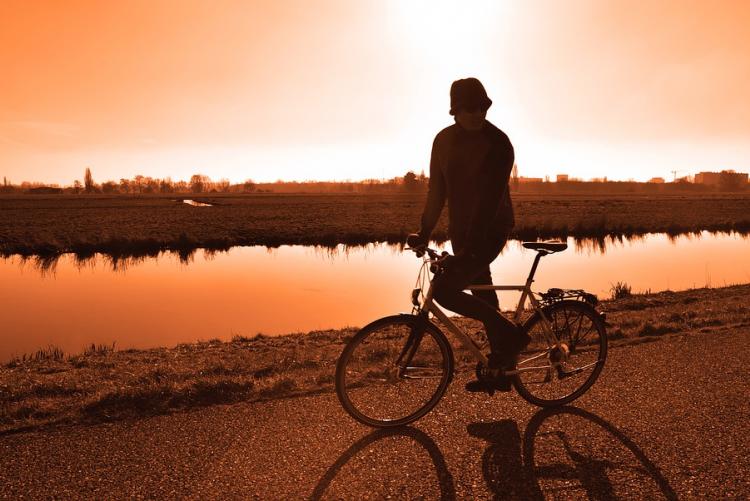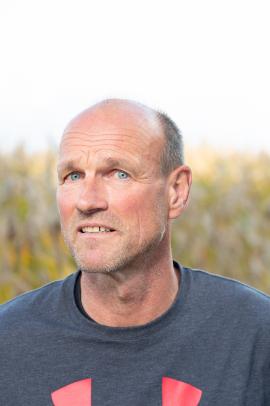Climate adaptation through socio-spatial planning of waterways. Rijkswaterstaat, Ministry of Infrastructure and Water managemen.
Climate adaptation through socio-spatial planning of waterways
Objectives
Dutch government is experimenting on a large scale with innovations and creative solutions in the field of smart mobility and sustainability i.e. circular economy in construction, climate adaptability, energy reduction and issues concerning liveability. It specifically focusses on finding new solutions for upcoming challenges in mobility, water systems and climate change in close cooperation with relevant stakeholders. One of the challenges is to combine different functions like recreation, water management, nature, culture and mobility in an overall climate adaptive solutions in what is called ‘opgavegericht werken’, i.e. looking for smart combinations. Solutions and innovations are being developed in cocreation with market parties, public authorities, regional and civic society groups. Several methods of social design are and will be tested to involve these parties and to combine challenges. For example, in the field of circular economy and energy living labs are already erected. Experimental projects offers an ideal study ground for social design, integrated landscape design, strategic stakeholder involvement along with other methods of market and civic engagement. Further it offers a learning community for innovation and innovation management and the way this can be combined with societal objectives for climate adaptation and sustainability.
Expected Results
Learning community for action research in the field of social design and stakeholder engagement; Living Lab case study.


